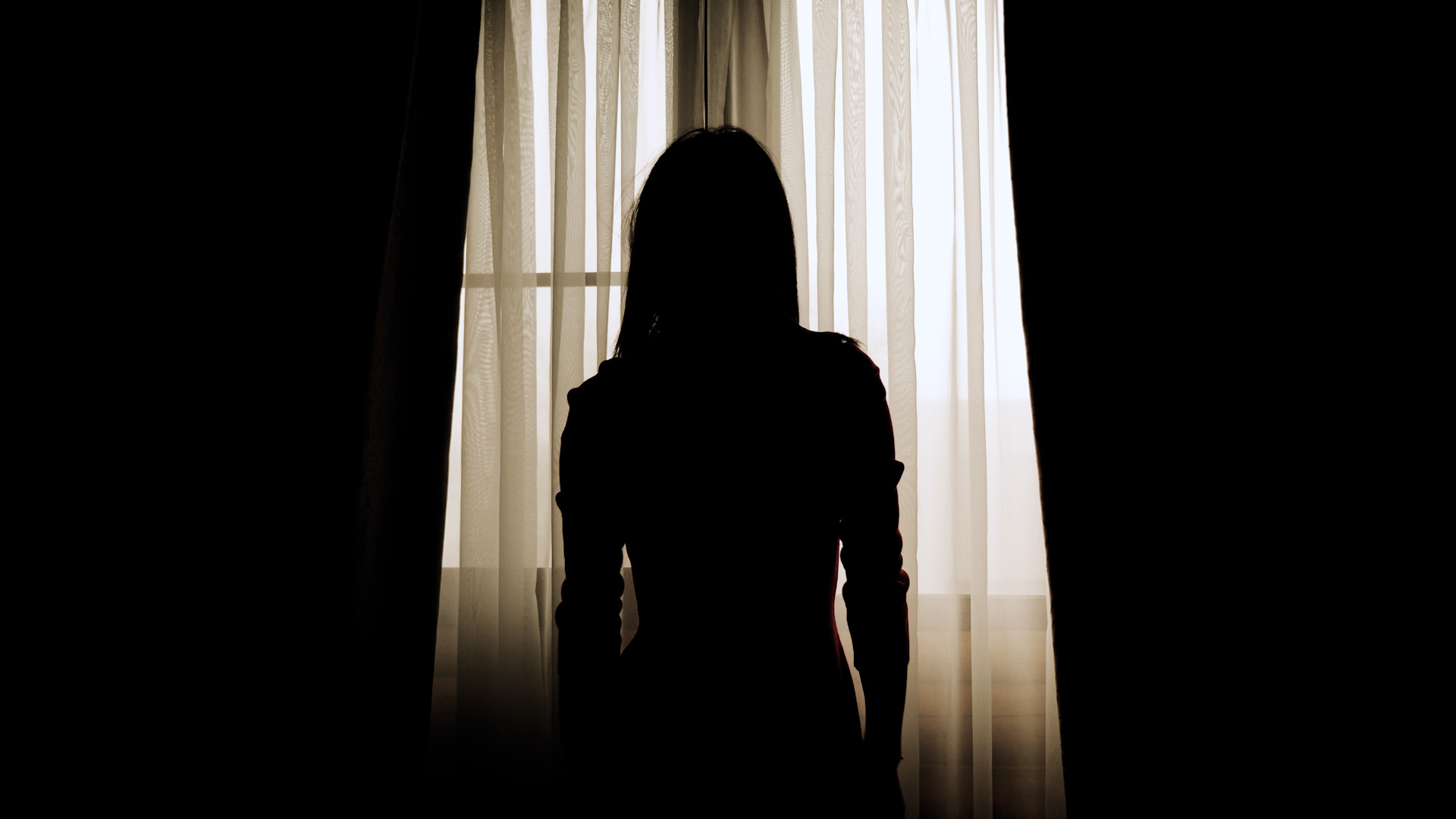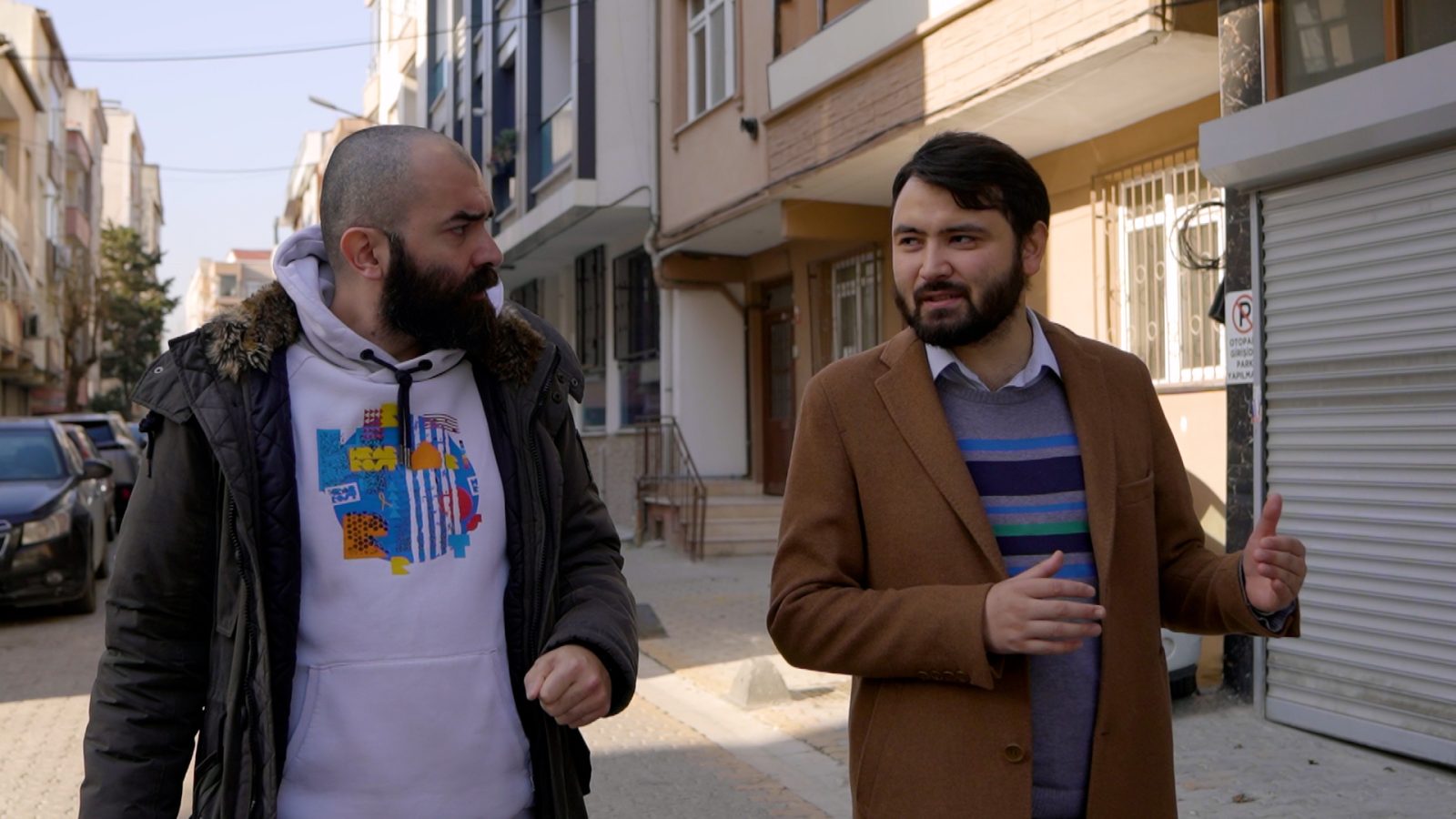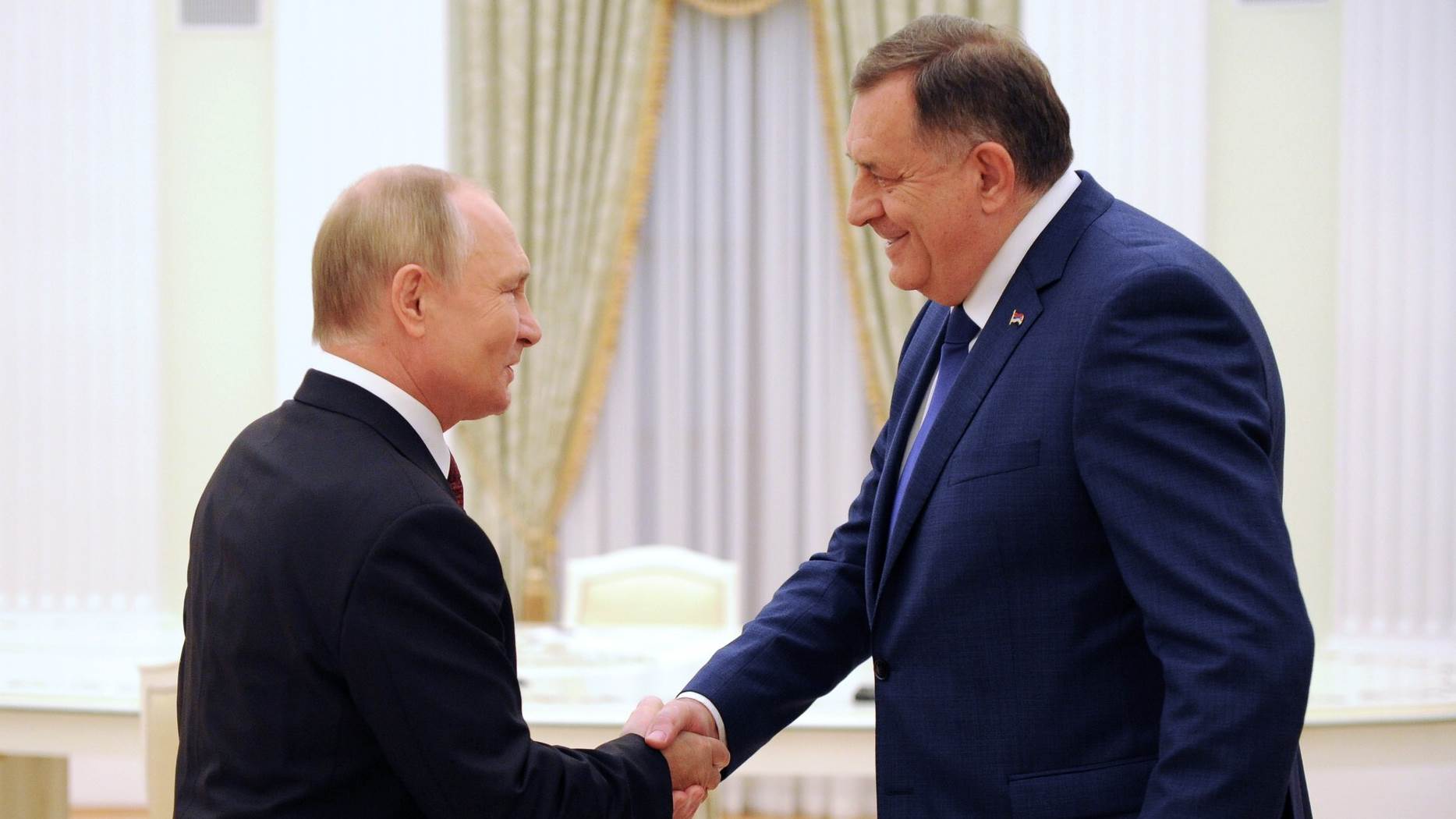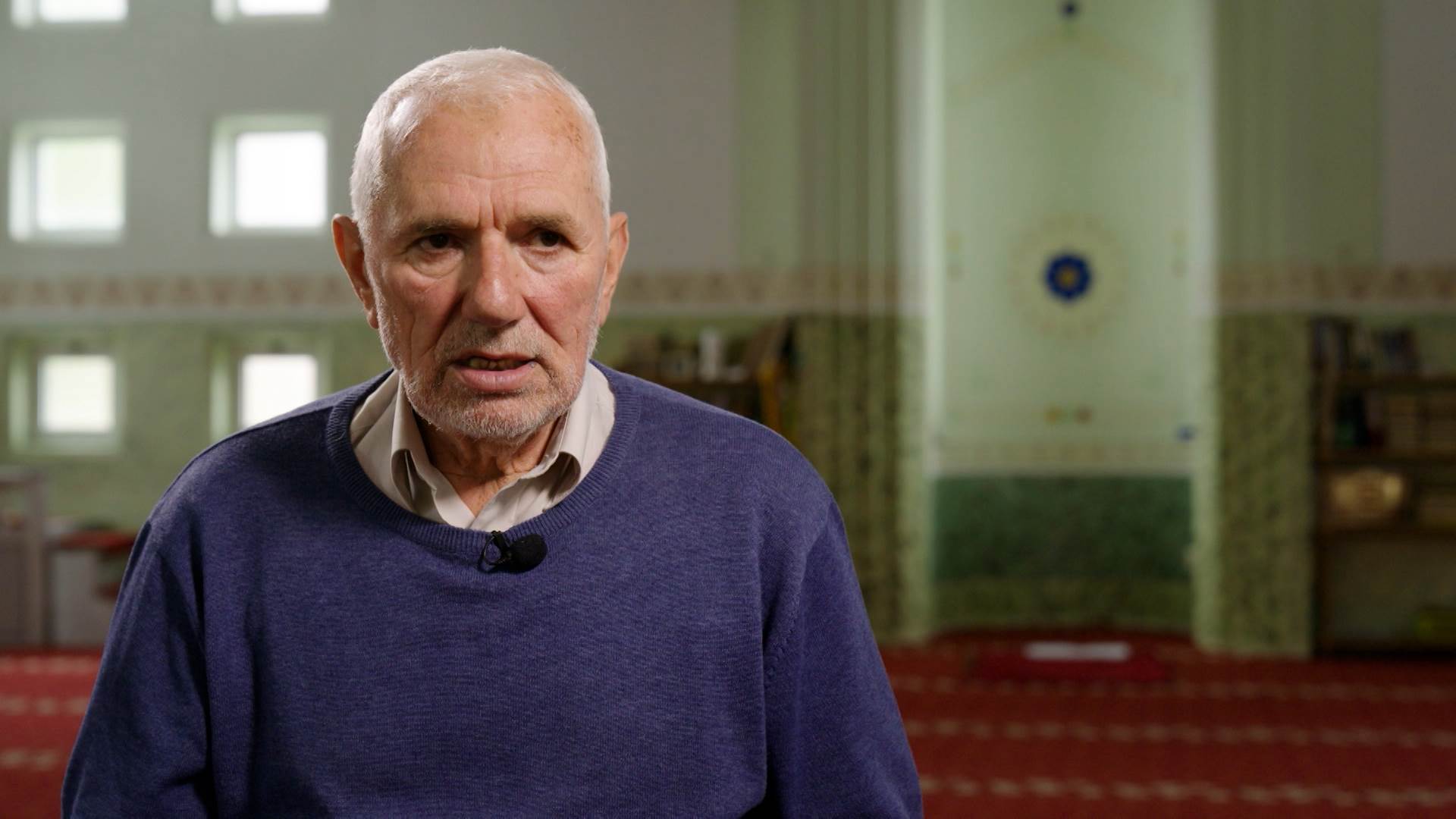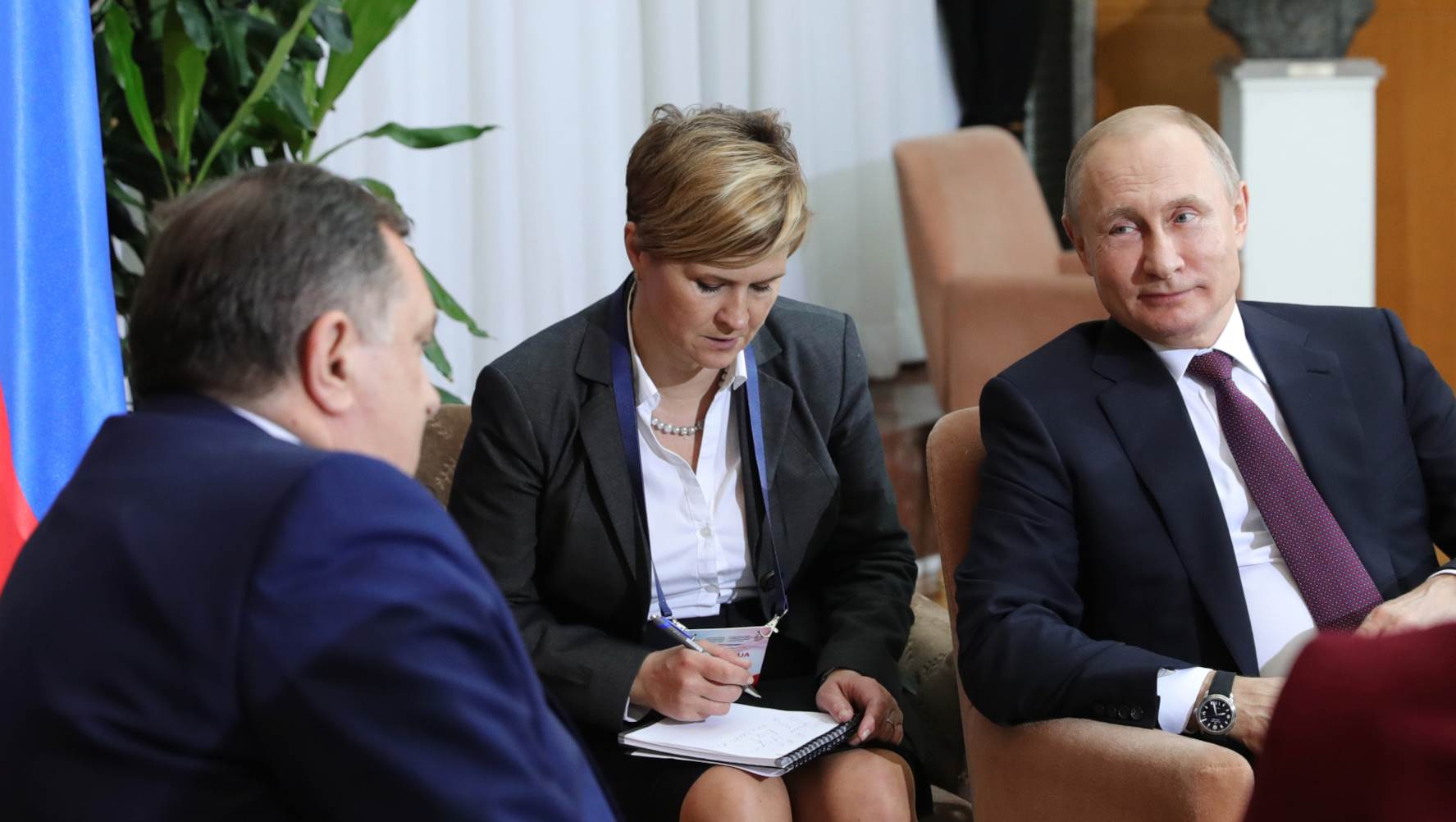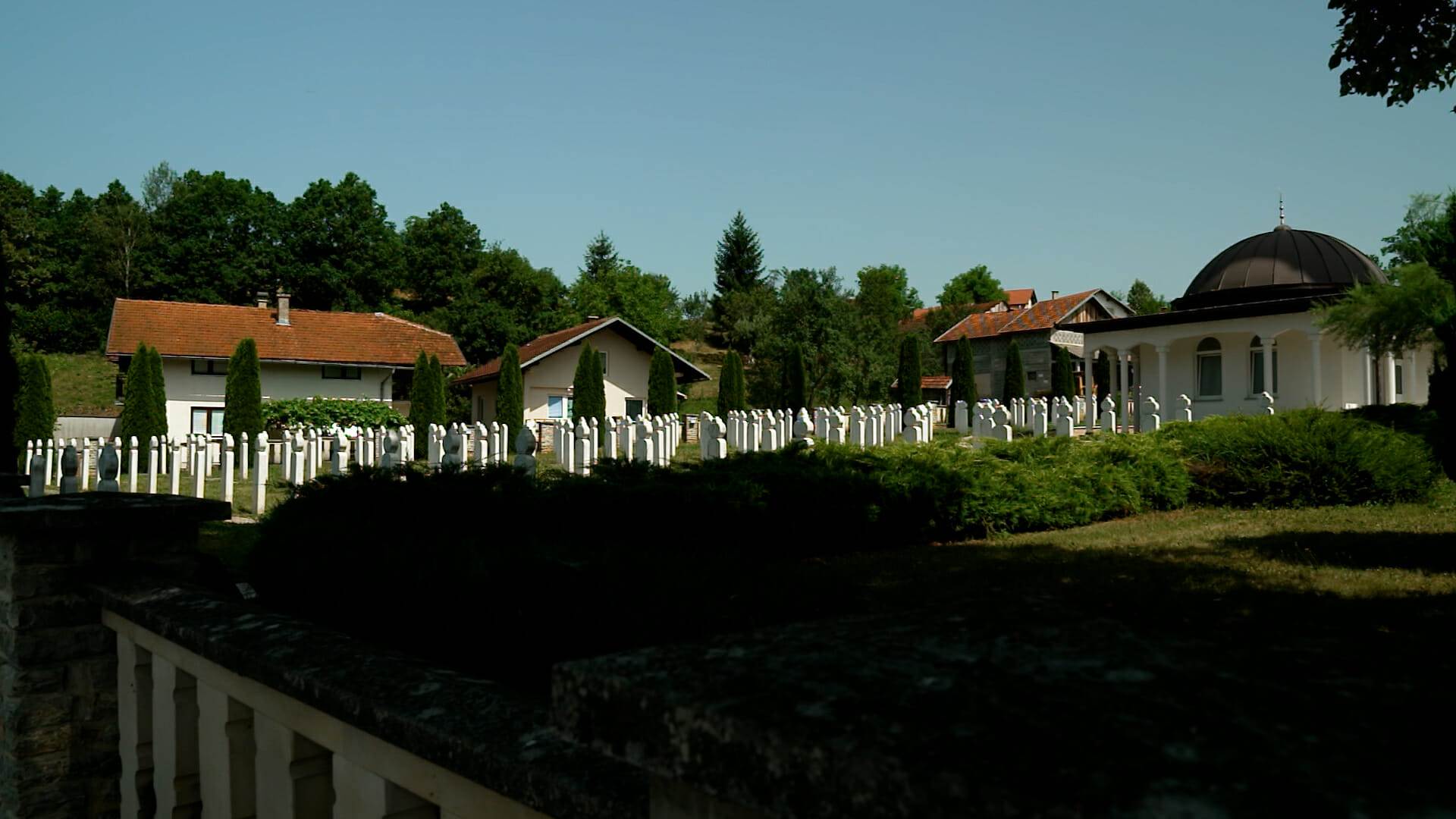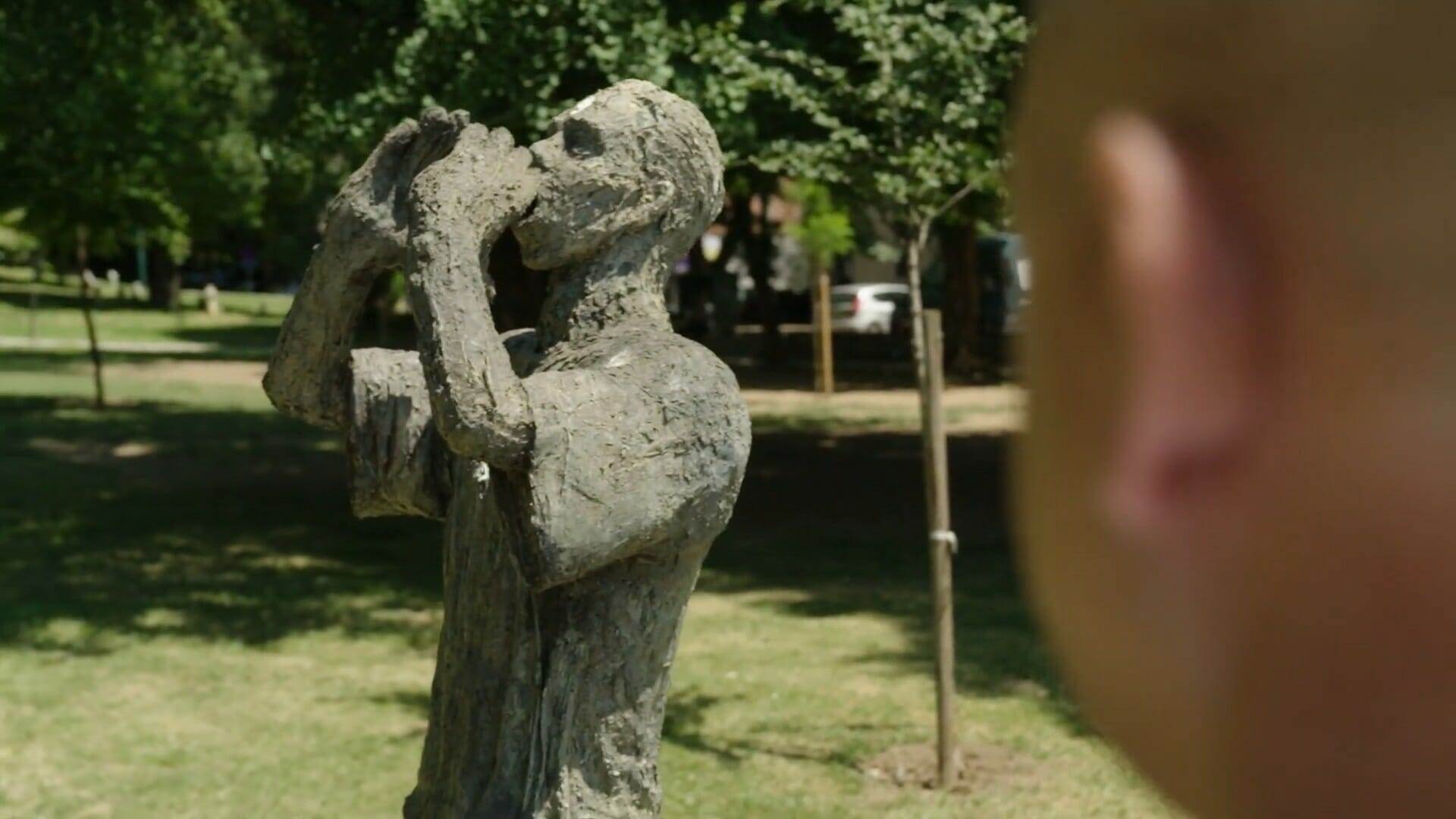This month, we’ll be talking about the hate-inspired murders of women and the reasons why the judiciary is failing to punish the killers more harshly.
This month we’ll be showing how Bosnia and Herzegovina failed to meet the expectations of Uyghurs who thought the country would offer them sanctuary and we’ll be travelling to Istanbul,...
This month we’ll be analysing whether Republika Srpska entity president Milorad Dodik is replacing Russia with China as his key international partner and what effect this is having on Bosnia...
This month we’ll be talking about how retail outlets in Bosnia and Herzegovina and Serbia profit from spreading hate and get away with selling clothes that glorify war criminals and...
When Russia cut the flow of gas for a few days in 2009 due to a dispute with Ukraine, tens of thousands of households in Bosnia and Herzegovina were left...
In early January this year in the settlement of Janja, near Bijeljina, post-war returnees were disturbed by gunfire near the mosque. This was just one of more than 100 incidents...
Western European and NATO countries are expressing growing concern about Russian influence in Bosnia and Herzegovina as the country enters a pre-election period. A meeting that’s been announced between Russian...
On July 10, 1992 in Biljani, which is several kilometres from Kljuc, Bosnian Serb Army soldiers and police took men from their houses and killed more than 200 local residents...
At the end of July, exactly one year will have passed since former High Representative Valentin Inzko imposed amendments to the law, banning the denial of genocide and war crimes...

